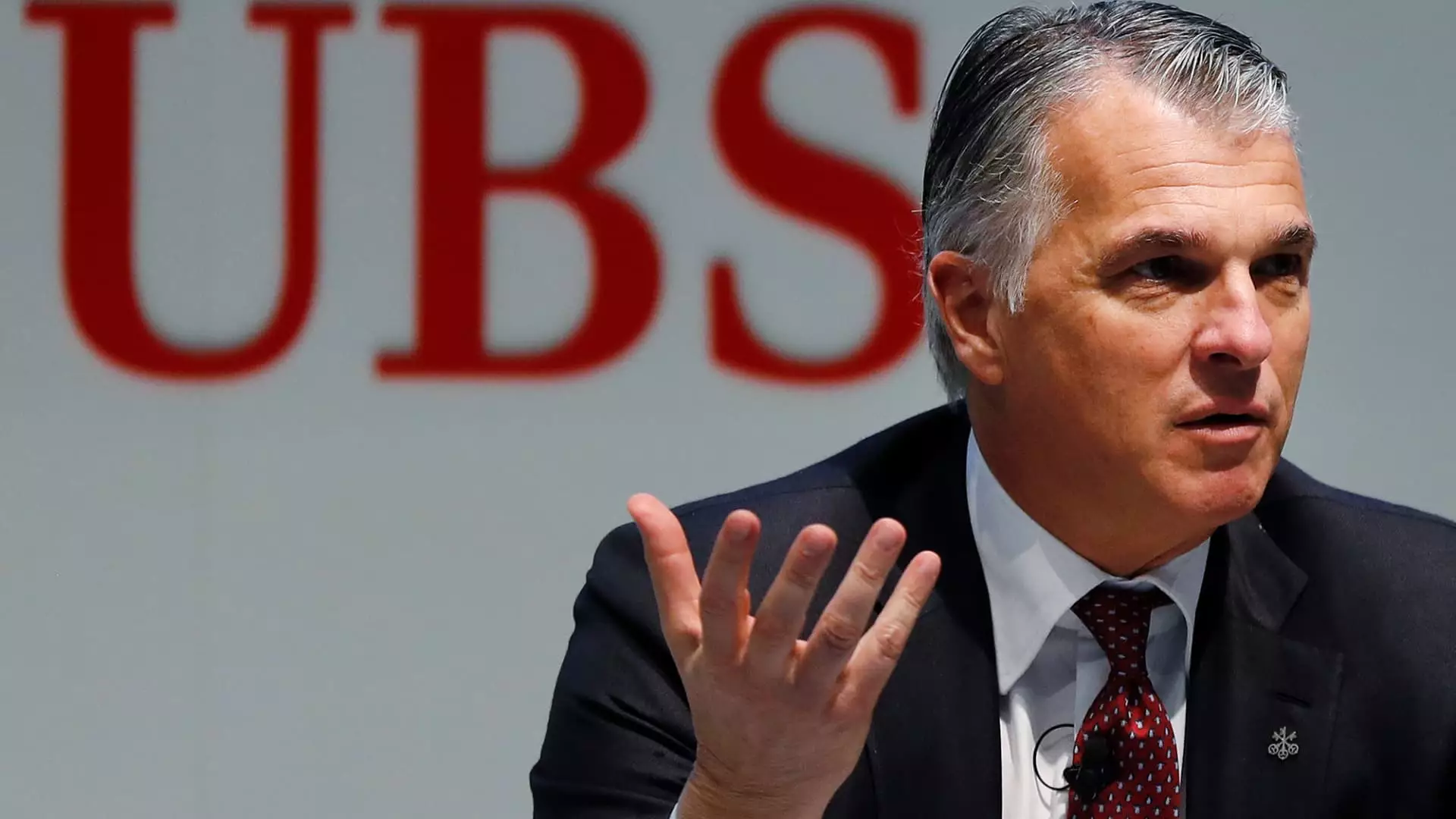Market volatility has been a significant concern for investors in recent times, with sharp sell-offs and uncertainty surrounding economic data creating a sense of apprehension among traders. UBS CEO Sergio Ermotti recently shared his views on the matter, stating that while the possibility of a recession in the U.S. cannot be ruled out, a more likely scenario is that of a slowdown in the economy. The Federal Reserve’s stance on monetary policy has also been a point of interest, with questions arising about the need for a less hawkish approach. Ermotti emphasized the need for clarity in macroeconomic indicators before jumping to conclusions about a potential recession.
Ermotti’s prediction for the U.S. economy suggests that a recession is not inevitable, but a period of slower growth is a real possibility. He expressed confidence in the Federal Reserve’s ability to intervene and provide support if needed, although the impact of any policy changes may take time to be felt in the economy. UBS anticipates that the Federal Reserve will make significant rate cuts this year, with traders divided on the extent of the cuts at the next meeting in September. This uncertainty surrounding monetary policy adds to the overall volatility in the market.
Looking ahead, Ermotti highlighted several factors that could contribute to increased market volatility in the second half of the year. Apart from the impending U.S. presidential election in November, he pointed to geopolitical tensions and ongoing macroeconomic challenges as key drivers of uncertainty. The recent spikes in volatility indicate the fragility of certain aspects of the financial system, suggesting a higher degree of volatility going forward. The need for central banks to adjust rates to stimulate economic growth further adds to the uncertainty surrounding financial markets.
Within the context of UBS, the expected rise in market volatility may present both challenges and opportunities. Bruno Verstraete, founder of Lakefield Wealth Management, noted that an environment of elevated volatility could lead to increased trading income for institutions like UBS. However, this heightened volatility also requires financial institutions to adopt a more dynamic approach to risk management and strategy. The impact of changing monetary policies and global events on financial markets underscores the need for adaptability and preparedness within the financial sector.
The outlook for global markets remains uncertain, with market volatility likely to persist in the coming months. As financial institutions like UBS navigate through this challenging environment, they will need to carefully monitor economic indicators, policy decisions, and geopolitical developments to make informed decisions. The potential for a slowdown in the economy, coupled with the need for central bank intervention, underscores the importance of staying vigilant and proactive in managing risks. Despite the uncertainties ahead, there are opportunities for institutions to capitalize on market fluctuations and generate sustainable returns in the long term.

